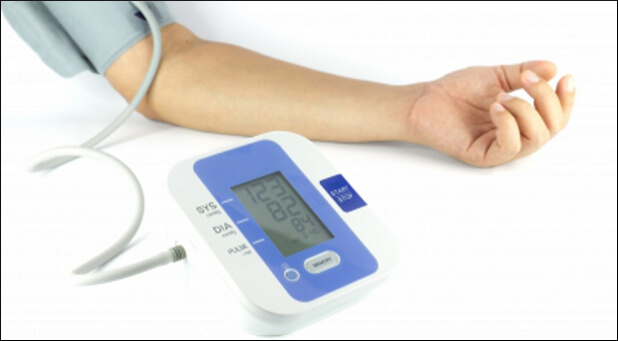For years we’ve been told that high blood pressure is the “silent killer” and that too many people put their lives in danger by not taking medications to control it.
Now, a new study indicates that the opposite problem is prevalent: Blood pressure often is overtreated, and it increases patients’ risk of kidney failure and death.
Researchers at Kaiser Permanente Southern California studied the records of almost 400,000 people with high blood pressure who were being treated with medication.
They found that patients whose readings were between 130/60 and 139/79—a range doctors consider “prehypertension”—had the lowest kidney failure rates. Patients with readings considered ideal by experts—below 120/80—were at substantially increased risk.
“Many studies of people with high blood pressure have shown that bringing extremely high blood pressure with the top number ranging from 190 to 200, down to readings of about 150 show resounding improvements in the risk for strokes, kidney failure and heart attack,” said study leader nephrologist and hypertension expert John J. Sim, M.D.
“So, we made the assumption that if we further lowered it, even to levels under 120, that would be even better,” he told Newsmax Health. “The truth is there are no studies that have demonstrated that.”
Doctors often prescribe drugs with the goal of bringing systolic blood pressure readings (the top number) down to the 120 range and even below. This may be a fatal mistake.
In Dr. Sim’s study, patients whose top (systolic) readings dropped into the 120 to 129 range were at a 12 percent increased risk of death or kidney failure, but those whose readings fell to 110 to 119 were 81 percent more likely to die or suffer kidney failure.
Dr. Sim emphasizes that this does not apply to people whose blood pressure is naturally low—only those whose hypertension is brought down with drugs.
He also emphasizes that it is essential to treat those who have extremely high blood pressure. “We don’t want people to get the wrong idea that treating those with high blood pressure is wrong—it saves lives,” says Dr. Sim. “But there is definitely a group that’s being overtreated.”
Symptoms of low blood pressure include dizziness, weakness and lightheadedness, which can be especially dangerous in the elderly, who are more at risk for falls and fractures.
If you are being treated for high blood pressure and you are consistently getting readings under 120, Dr. Sim suggests having a talk with your doctor to see if you can reduce your medication dosage, or even eliminate it.
“The most important thing is to get blood pressure under control, but we need to be reasonable with our approach,” said Dr. Sim. “There’s enough evidence to show that if you have high blood pressure and we use medication to bring it to under 150, there’s a benefit.
“But we also are finding that if you bring blood pressure too low, not only is there no additional benefit, there also are adverse outcomes such as kidney failure, falls, high potassium, and death.”
For the original article, visit newsmaxhealth.com.















































